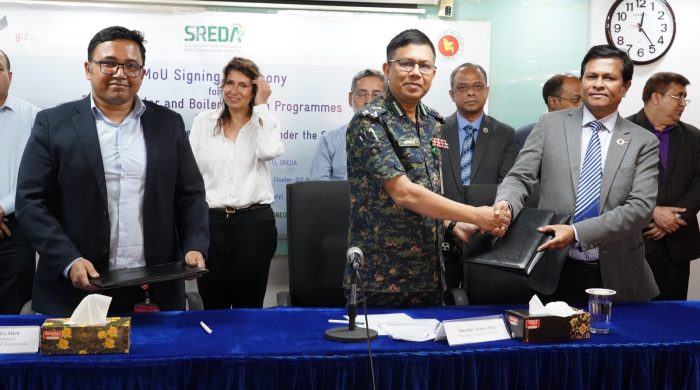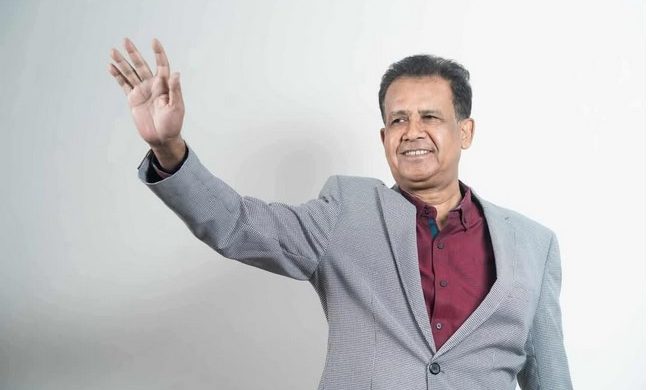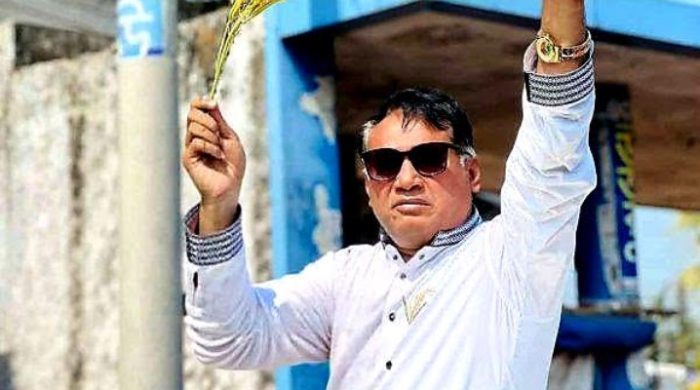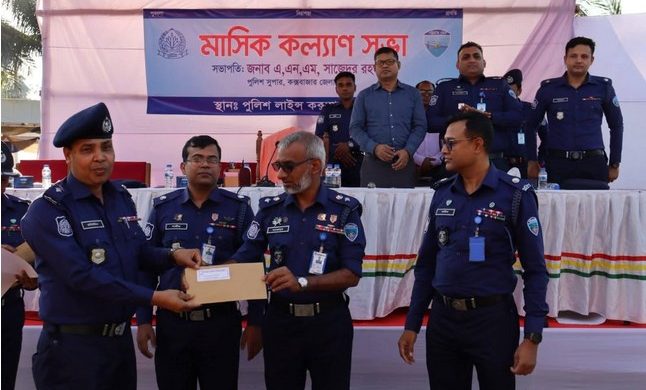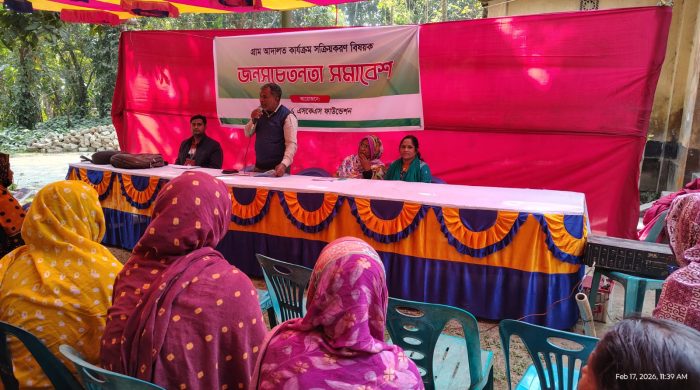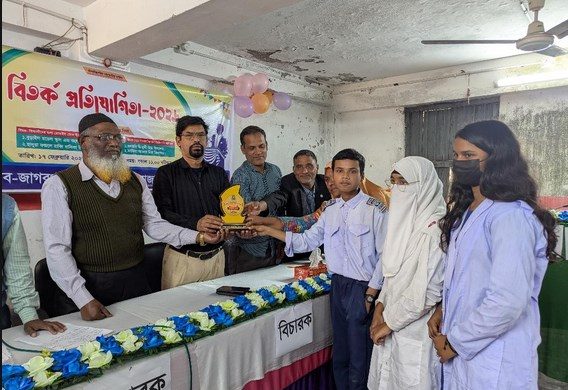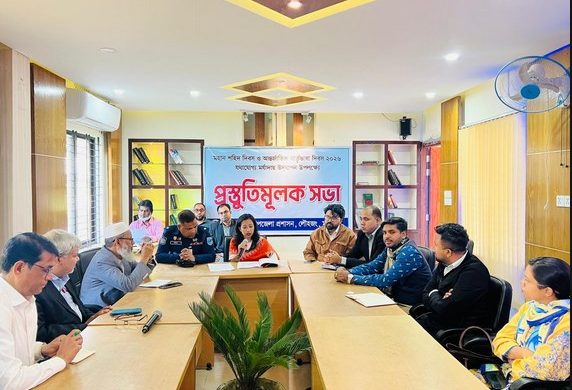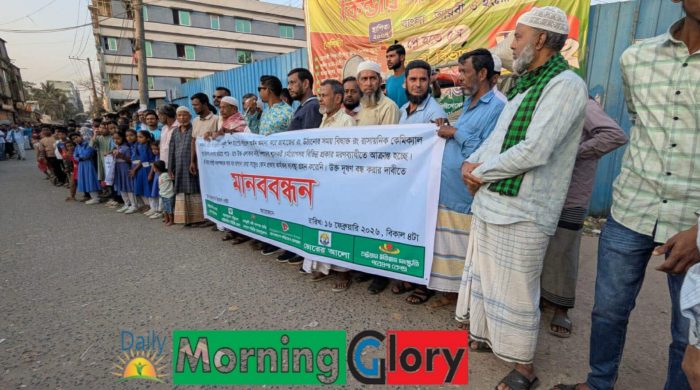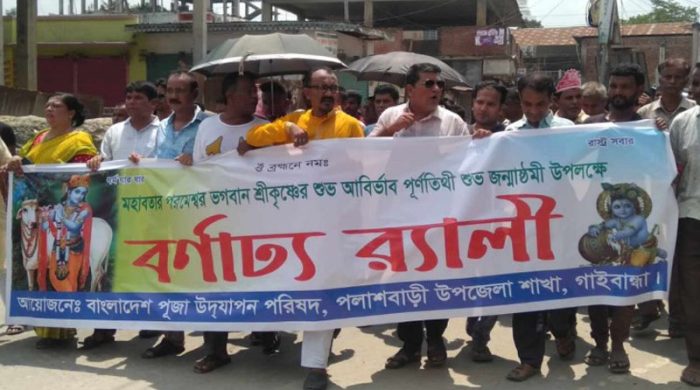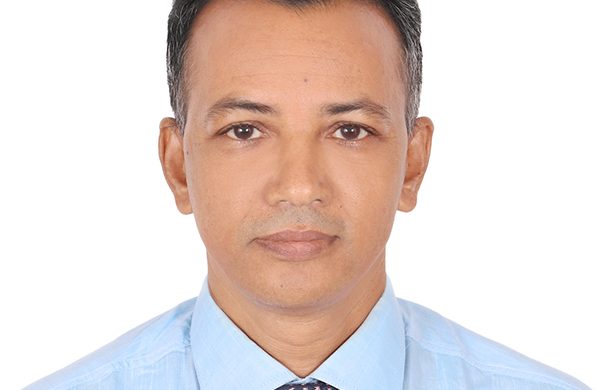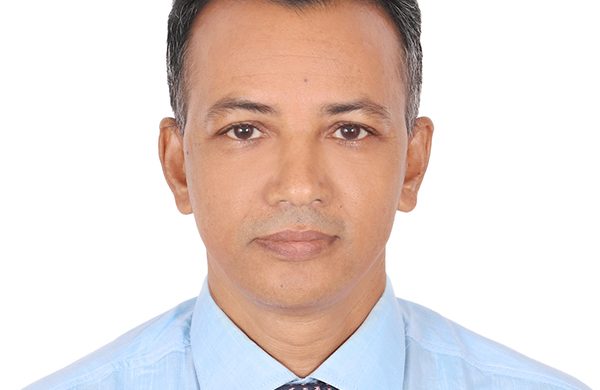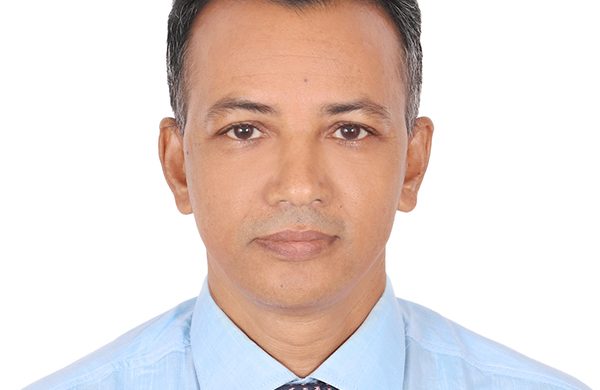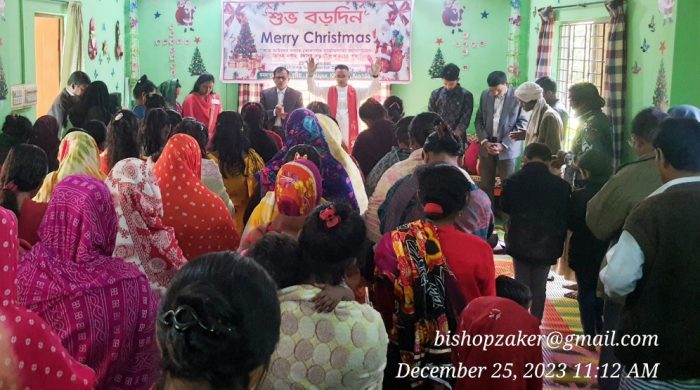PM for redouble global support to end Rohingya crisis
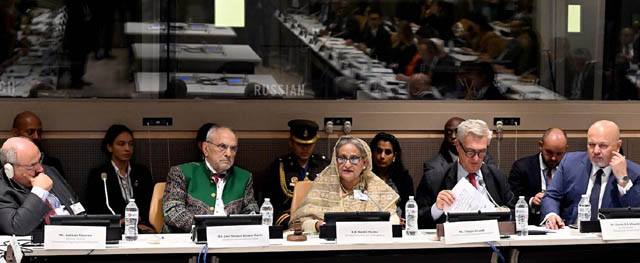
DHAKA
Prime Minister Sheikh Hasina has urged the world community, particularly the ASEAN member states, to redouble their collective efforts to repatriate Rohingyas to their homeland in Myanmar side by side with executing the resolutions of security council and general assembly to ensure a sustainable solution to the crisis. “Redouble our concerted efforts to ensure lasting solutions to this (Rohingya) problem, which originated in Myanmar; among all options, voluntary repatriation is the most viable one,” she told by placing four proposals to be addressed by the global community for a lasting solution to the Rohingya crisis. Bangladesh, Canada, Gambia, Malaysia, Turkey, the UK and the USA hosted the high-level event on the Rohingya crisis titled “Have they forgotten us?” at the UN Headquarters today (Thursday) on the sidelines of the 78th UNGA session. Jose Manuel Ramos-Horta, President of Timor Leste, Antonio Vitorino, Director General (DG) of the International Organization for Migration (IOM), Karim A. A. Khan, Chief Prosecutor of the International Criminal Court (ICC), Attorney General, Ministry of Justice, Gambia, Retno Lestari Priansari Marsudi, Minister for Foreign Affairs of Indonesia, Lord Ahmed, State Minister of the UK for the Middle East, North Africa, South Asia and United Nations and Uzra Zeya, the Under Secretary of State for Civilian Security, Democracy, and Human Rights, spoke on the occasion. Filippo Grandi, the United Nations High Commissioner for Refugees, gave the keynote speech Foreign Minister Dr Ak Abdul Momen moderated the event. “I urge the world community to remain seized of the matter and continue to keep this issue at the top of our agenda alongside continuing our humanitarian efforts to ensure the sustenance of these ill-fated and hapless human beings,” the premier told in her first and second proposals. Elaborating her third proposals, she said, “Pursue ongoing and available legal and multilateral mechanisms to ensure accountability of the perpetrators who committed persistent, systemic, and systematic heinous atrocities against this ethnic minority.” The prime minister said they are gathered here today to once again remind all the enduring suffering of Rohingya minorities since the world witnessed the tragic exodus of the Rohingyas from Myanmar for the last six years. She said within a few months’ time, nearly a million people ran into Bangladesh as they saw their houses being burnt; families being killed. “Since then, we have been sheltering them on our soil and providing them with basic humanitarian services. I thank all our partners and friends for their solidarity as well as their political and humanitarian support for this cause,” she said. However, the issue has now reached a point of stagnation, she said, adding that not a single displaced Rohingya has been able to return to their homes in Myanmar in the last six years. Their prolonged presence in Bangladesh is not only pushing them further into hopelessness, she said, mentioning that it is also making the situation in Cox’s Bazar precarious. “The host community has become a victim of their own generosity,” she said. Sheikh Hasina has expressed her dissatisfaction that the global attention to Rohingyas needs is rapidly diminishing, saying that this is evident in the increasing funding gaps in the humanitarian response plan. She said they are aware that the entire world is going through turmoil and the number of people displaced by conflict, climate change, and other factors has reached a record high. The international community is overwhelmed by the scale and dimensions of multiple crises that we all, as humans, are faced with, she continued. However, the premier said the world cannot forget the Rohingya as the 2017 exodus was not an isolated incident and they have been victims of persecution and exclusion in Myanmar for decades. She went on saying all have a responsibility to redress their victimization in a comprehensive manner while humanitarian assistance is important for their sustenance, but it is not enough. “We need to ensure that they are able to return to their homes in Myanmar and pursue a life of dignity and certainty. And for that, we need to address the problem at its root, which lies in Myanmar,” she said. They need protection and opportunities in their own country so that they do not have to flee from their homes, she said, adding that she believes many of the countries present here, who have been hosting a large number of Rohingya for decades in Malaysia and Saudi Arabia, would agree with Bangladesh. For Bangladesh, hosting over a million displaced Rohingya for a long period of time has never been an option, she said. Sheikh Hasina said Bangladesh is a small country with a high density of population and one of the worst victims of global warming and sea level rise and it is already overburdened by the increasing number of climate-induced internally displaced persons. Aside from that, she said that the prolonged presence of Rohingya has entailed grave social, economic, and security repercussions for our people. The biodiversity of Cox’s Bazar is seriously damaged by the destruction of 6,800 acres of reserved forest, which is now known as the largest refugee camp in the world, she said. gainst this backdrop, the premier said they have to focus on the early implementation of the bilateral arrangement of return that “we signed with Myanmar in November 2017”. “We are working with Myanmar to commence repatriation of the verified Rohingyas in small batches. In order to ensure that the process is transparent and voluntary, a series of interactions have been facilitated between the Rohingya and the authorities of Myanmar,” she said. The experience of the first batch of returnees would be crucial in guiding Bangladesh in the future and addressing the gaps in the process, she opined. “The pilot repatriation project, if implemented successfully, will keep hopes alive. I hope the international community will come forward to help the Rohingya returnees reintegrate in Rakhine,” she said. Sheikh Hasina said the presence of humanitarian and development entities in Rakhine will act as an important confidence-building measure. “The regional countries, especially the ASEAN members, with their close and historic relationship with Myanmar, can take the lead role. Based on the comprehensive need assessment of the AHA center, small community-based projects may be undertaken involving the returnee Rohingyas,” she said. In the meantime, continued international attention is needed to effectively address the root causes of the Rohingya crisis, she said. “Implementation of the Security Council and General Assembly Resolutions on Myanmar is critical in this regard,” she said. Sheikh Hasina said, “Equally important is maintaining focus on the justice and accountability processes. Unless and until the perpetrators of atrocities are held accountable, the risks of further persecution will remain alive”. Besides, she said the Rohingya victims and survivors will not be able to truly reconcile with their past and constructively pursue their future in Myanmar if they do not get justice. “My country is fully committed to the accountability processes, and we are closely working with the ICJ, IIMM, and ICC. I urge all other member states to cooperate with the international justice mechanisms working in this regard,” she said.





